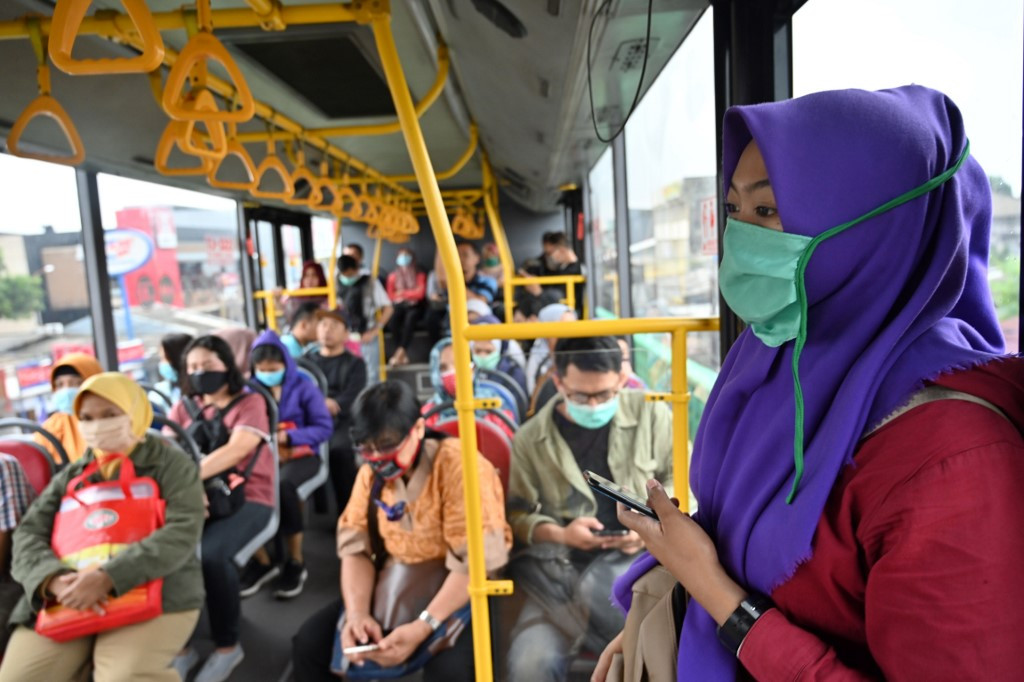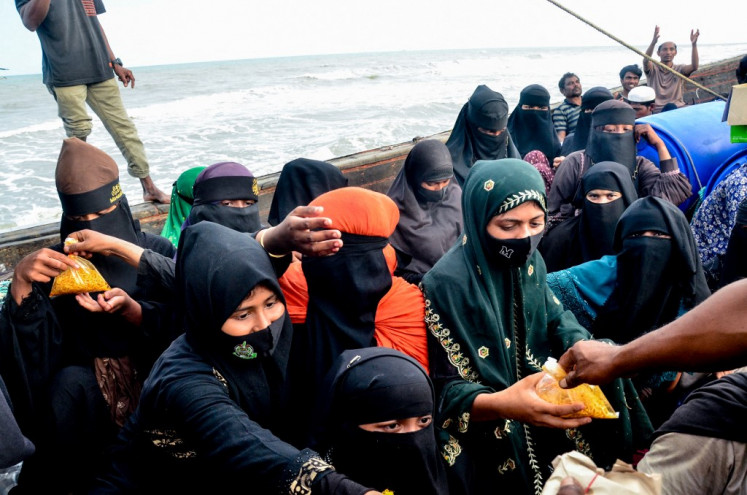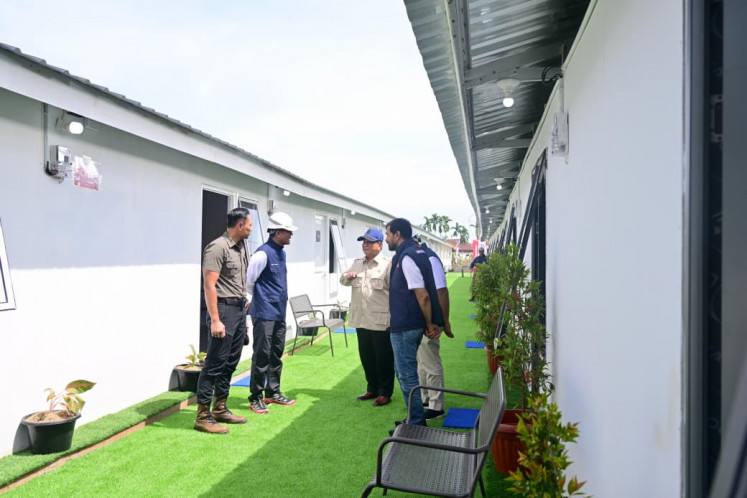Popular Reads
Top Results
Can't find what you're looking for?
View all search resultsPopular Reads
Top Results
Can't find what you're looking for?
View all search resultsWHO needs to take on larger role in global fight against COVID-19
Given the rapidly-evolving nature of this pandemic, transparency remains crucial.
Change text size
Gift Premium Articles
to Anyone
A
mid current, fragmented efforts to fight COVID-19, the need for greater global leadership by the World Health Organization is clear and pressing. Over the course of COVID-19’s spread, political disagreements between countries have belied fundamental cracks in an ideal coordinated interstate response. These fault lines have manifested in various recent episodes. For example, various American officials have repeatedly emphasized the Chinese origins of COVID-19, referring to it as the “Wuhan virus”.
Some Chinese officials have insinuated that the virus in fact originated in the United States, with such “playground” banter having even risen to the highest levels of government. In another case, Japan’s quarantine of all travelers from South Korea was met with accusations of undue discrimination by the South Korean government. The resulting diplomatic kerfuffle has drawn in long standing bilateral economic tensions.
The conflation of public health issues with politics and national interests is unnecessary and dangerous for two reasons. First, it shifts national and global leadership’s focus away from a coordinated approach. Thus far, information about COVID-19 and its spread have largely come from an empirical, or “wait and see” approach. The handling of such similar problems across borders presents opportunities for the adaptation of policy and public health best practices that would benefit the international community. Given the rapidly-evolving nature of this pandemic, transparency remains crucial.
This point was proven through the speed at which sequencing of the virus’ genome was conducted and validated internationally. The sequencing information helped kickstart multiple testing and vaccination development efforts. Conversely, a lack of trust moving forward jeopardizes advances in response approaches.
Second, the intertwining of politics with public health impedes authorities’ effective public communication efforts. To date, COVID-19 has already disrupted the daily life of hundreds of millions across the world, with entire countries are under lockdown, and the global economy on the cusp of a recession. The imposition of political and diplomatic faultlines on already fragmented national efforts to contain this pandemic is suboptimal.
Against this backdrop, the persistent lack of a centralized global response by the WHO is dangerous. An informative and positive precedent was set by the WHO amid the 2009 H1N1 pandemic. At the time, the director-general of the WHO convened a technical Emergency Committee to assess the situation, resulting in the establishment of a WHO Pandemic Influenza A (H1N1) Vaccine Deployment Initiative.
This helped galvanize strong public-private partnerships to manage pharmaceutical industry vaccine donations, as well as the provision of more specific technical, legal/regulatory and communications expertise.
While the WHO remains in the mid of developing a COVID-19 treatment master plan, it risks being superseded by the rapidly-developing pandemic. Media coverage in recent days has been dominated by regional, unilateral, or even subnational efforts.
For example, the European Union has begun to coordinate its regional COVID-19 response by controversially limiting exports of protective equipment out of the EU, while China and South Korea have unilaterally promised donations of testing kits to the Philippines.
Even within the US, the public response has mostly originated at the state level, with the states of New York, New Jersey, and Connecticut having started developing a unified COVID-19 strategy.
At the other extreme, some countries such as the United Kingdom have even mooted a policy of inaction. While the jury is yet out on the effectiveness of these fragmented efforts, these examples further highlights the WHO’s crucial role in providing consistent, transparent, and even-handed guidance for all governments in the fight against COVID-19.
Ultimately, the best defense against COVID-19 comes in the form of a multilateral strategy, detached from national and political interests.
Such effective global leadership would come under the auspices of the WHO, which should assume a larger role than it currently plays in the fight against this pandemic.
______
Both writers have a BA in Public Health from Johns Hopkins University. Jia Yao completed an MA Regional Studies East Asia at Harvard University; Keerthi is completing an MD at New York University










